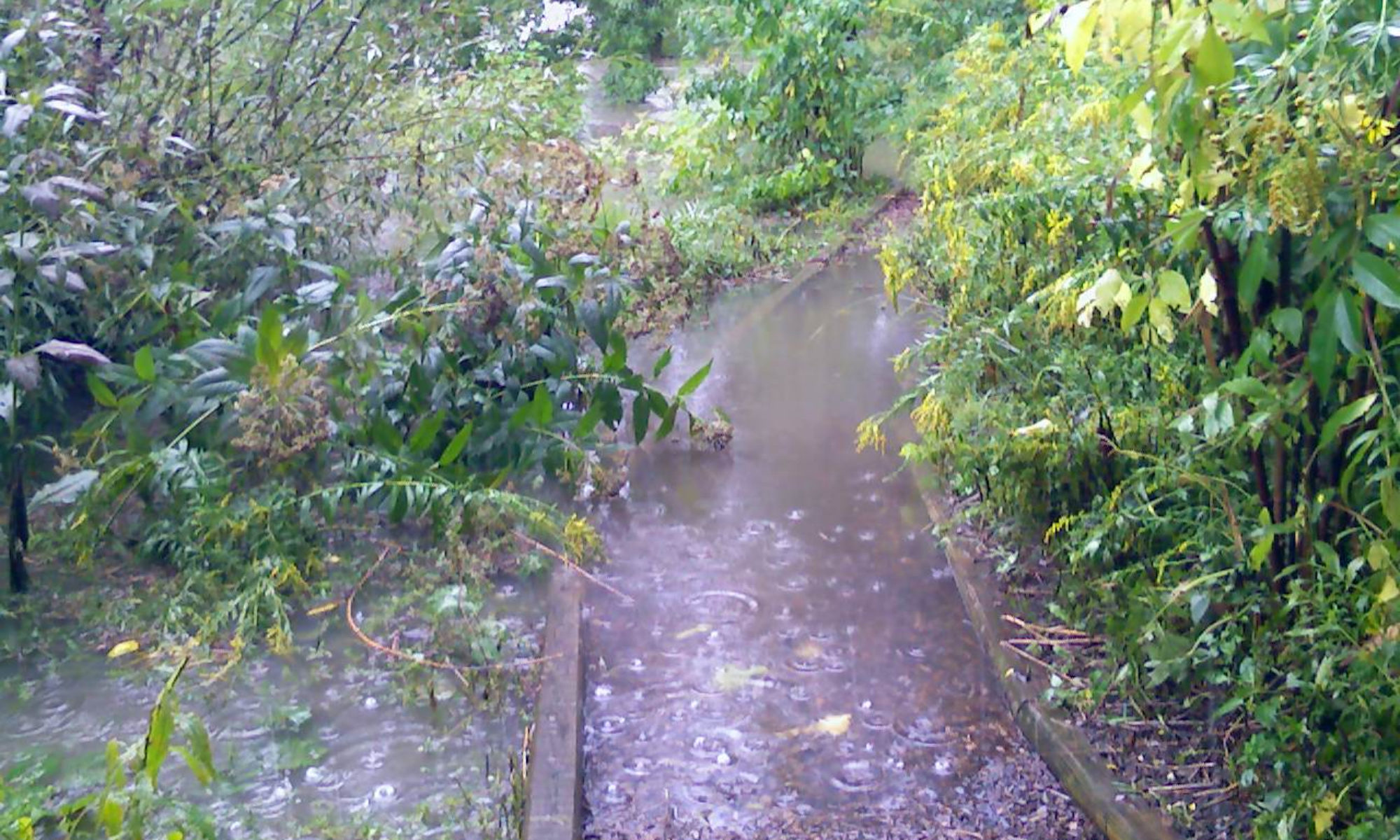The most remarkable thing about the four-day, online Open Space conference I ran with Lucas Cioffi at QiqoChat.com last week is how strongly it replicated what so many of us have experienced in face-to-face open space meetings and events. See the complete proceedings document here. From my Summary…
The intention was to extend and expand the best of the Organization Transformation symposium (where OST started), Open Space on Open Space, and OSLIST and support the sharing of all manner of practices, innovations and learnings. The invitation was to bring forth what’s been working – and learn together how to make more of it…
The plan was simple: Invite the world. Do three Openings, with start times spaced evenly around the clock, around the world, each one followed immediately by a Discussion Session with multiple breakouts possible. Then twelve more Discussion rounds evenly spaced over forty-eight hours. Finally, we’d close with a series of three Closing Circles, starting eight hours apart in our fourth day. All sessions were scheduled for two hours, space evenly across all time zones. We didn’t know if we’d have four, forty or four hundred participants…
The invitation went out just about a month before the start of the event. Forty-five participants were registered by the first Opening and sixty by the first Closing. Together, they created, managed and documented 22 working/learning sessions to address their most important issues and situations. The live action was a rich mix of voices and faces, participating by phone and computer, audio and video, reading and typing, link and file sharing. Notes were taken in a Collaborative Notes tool available in every breakout session. The Openings and Closings, and really the entire event, unfolded in ways remarkably similar to how face-to-face gatherings do. We made several important technical adaptations to the platform, and how we used it along the way, each time making it even more like face-to-face gatherings…
The conference agenda wall and proceedings document were open for public viewing throughout the event, and remain open at vosonos.qiqochat.com.

